Is it possible to live without Amazon, Apple, Facebook and Google?
Sure.
It's also possible to live without Advil.
But who would want to?
The tech giants have become such a vital part of everyday life that it's difficult to imagine life without them. But critics question the social and economic cost of reliance on major Internet companies. Some call for antitrust action to break their dominance, while others believe doing so would undercut U.S. economic strength and give China an edge.
Amazon has a 360-view of every shopper with no oversight. No one is putting limits on the data the company collects. We can no longer hope for the best and trust in the libertarian utopia tech giants want us to believe in."
Big Tech presents a problem for critics and a challenge for effervescent optimists.
"Privacy is a huge concern, Jason Boyce, founder of Avenue7Media, co-author of The Amazon Jungle and a former Marine Corps captain, told Newsweek. "Amazon has a 360-view of every shopper with no oversight. No one is putting limits on the data the company collects. We can no longer hope for the best and trust in the libertarian utopia tech giants want us to believe in."
He said Amazon has "mastered capitalism," and now it's time for Congress to open the market to competition.
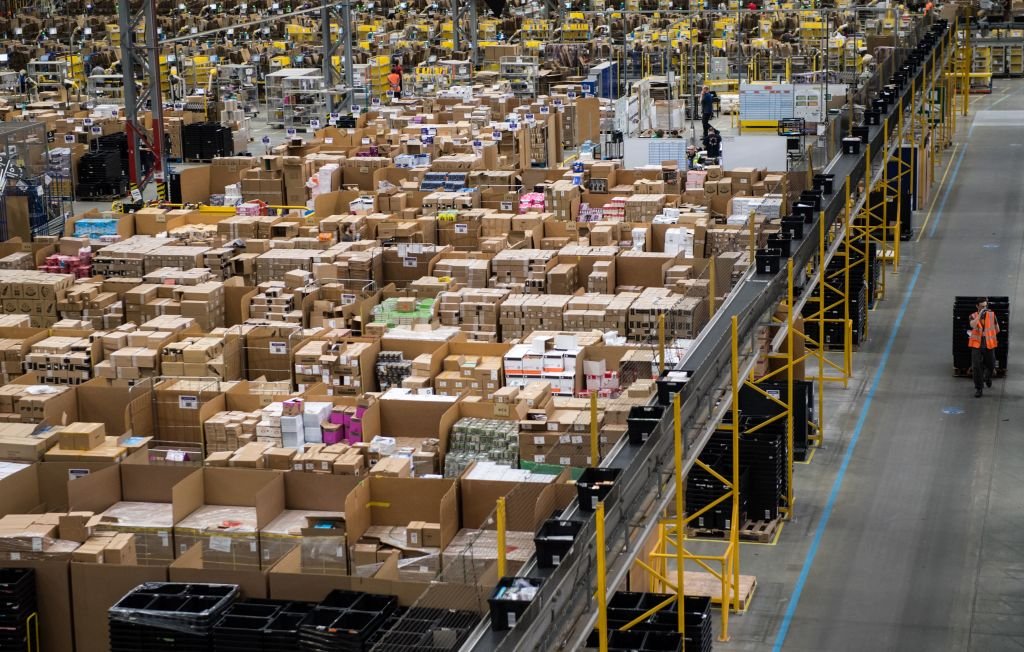
"I'm not anti-capitalist. I want 10 Amazons—not one," the co-founder of Dazadi.com and eight-figure Amazon seller said. "Now it's up to Congress to ask if what Amazon has done is good for the United States. I say it's a problem and we need to make sure Amazon pays its taxes, halts anti-competitive practices and stops collecting every bit of data on Americans."
Boyce said Amazon's growing market dominance could lead to higher prices and lower service in the future because it has no direct competitor and faces no imminent threat.
"Next, Amazon plans to move into healthcare," he said. "There will be some good coming out of it, but do we want Amazon to know everything about our health?"
Like millions of others, Boyce said he has an Amazon Prime account.
"I have two kids, my wife works and we order from Amazon all the time," he said. "I'd like a good alternative, but it doesn't exist."
I'm not anti-capitalist. I want 10 Amazons—not one."
Convenience appears to be Big Tech's killer app.
Many who share privacy concerns and some who simply dislike big business have developed work-arounds in an effort to protect their personal information. In what some may see as a paradox, venture capitalists are backing new technology companies that boost independently owned shops in a retail world upended by Amazon.
A Promise Unfulfilled
Media critic A.J. Liebling once quipped, "Freedom of the press is guaranteed only to those who own one."
Internet websites reduced the cost of publishing, created a platform for a plethora of voices and expanded the potential audience beyond any newspaper publisher's dream. But critics believe the Internet's promise is largely unfulfilled, and has morphed into what can be a tool of ruthless marketing or oppression if data routinely gathered by Internet companies is used by third parties, including governmental agencies.
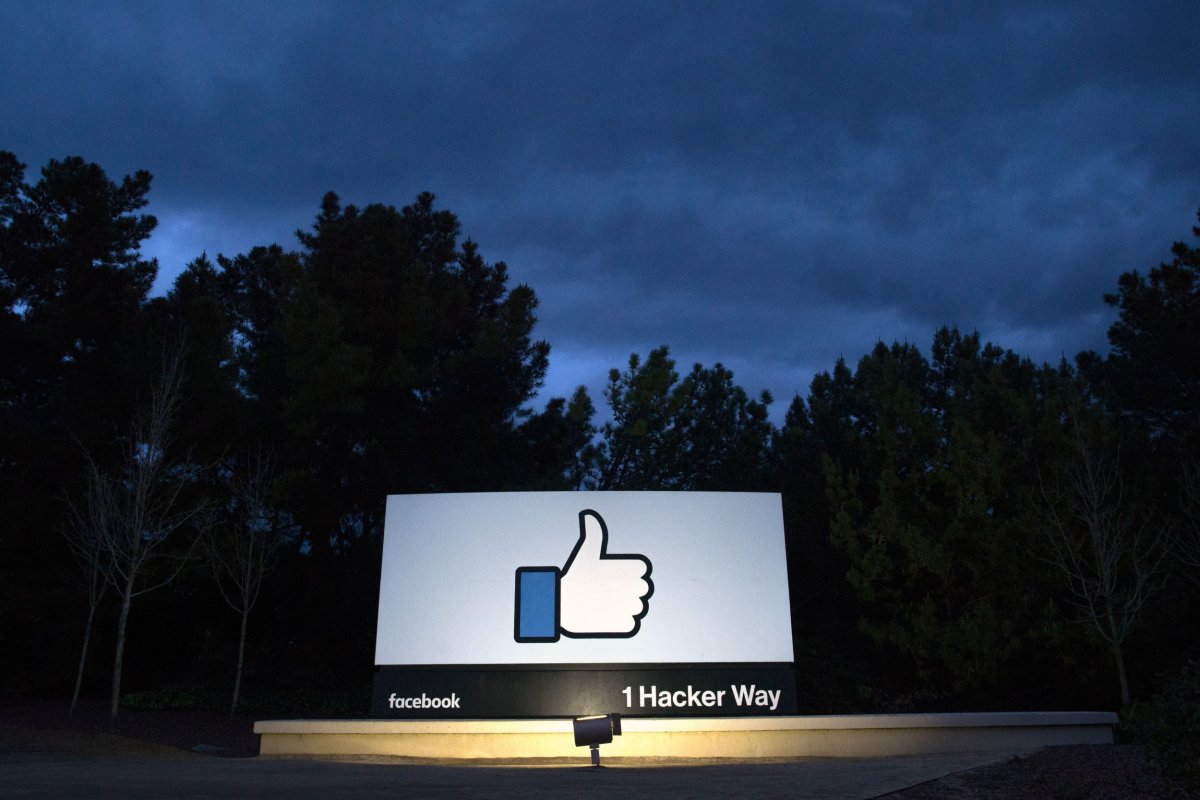
In 2019, Facebook agreed to pay about $643,000 to the United Kingdom's Information Commissioner's Office after the social media company allowed Cambridge Analytica to use data from as many as 87 million people worldwide for political advertising without their consent.
In The Age of Surveillance Capitalism, Shoshana Zuboff argues that companies like Facebook and Google make huge sums of money by capturing, organizing, analyzing and selling the personal information they collect from users of their sites (at no cost to the companies) to advertisers.
The tradeoff: Free services in exchange for personal information.
"Each time a user queries Google's search engine," Zuboff writes, "the system simultaneously presents a specific configuration of a particular ad, all in the fraction of a moment that it takes to fulfill a search inquiry."
This, the retired Harvard Business School professor argues, reduces individuals to little more than accessories, crushing the dream of quick and easy access to information for all.
In Liberty From All Masters, author Barry Lynn argues that Amazon, Google and Facebook have developed the power to manipulate the flow of news, information and commerce in the U.S., establishing autocratic control threatening democracy and individual liberty.
Lynn argues that common carrier laws previously required "any corporation that controlled access to a vital service" to treat "every person who depended on that monopoly the same."
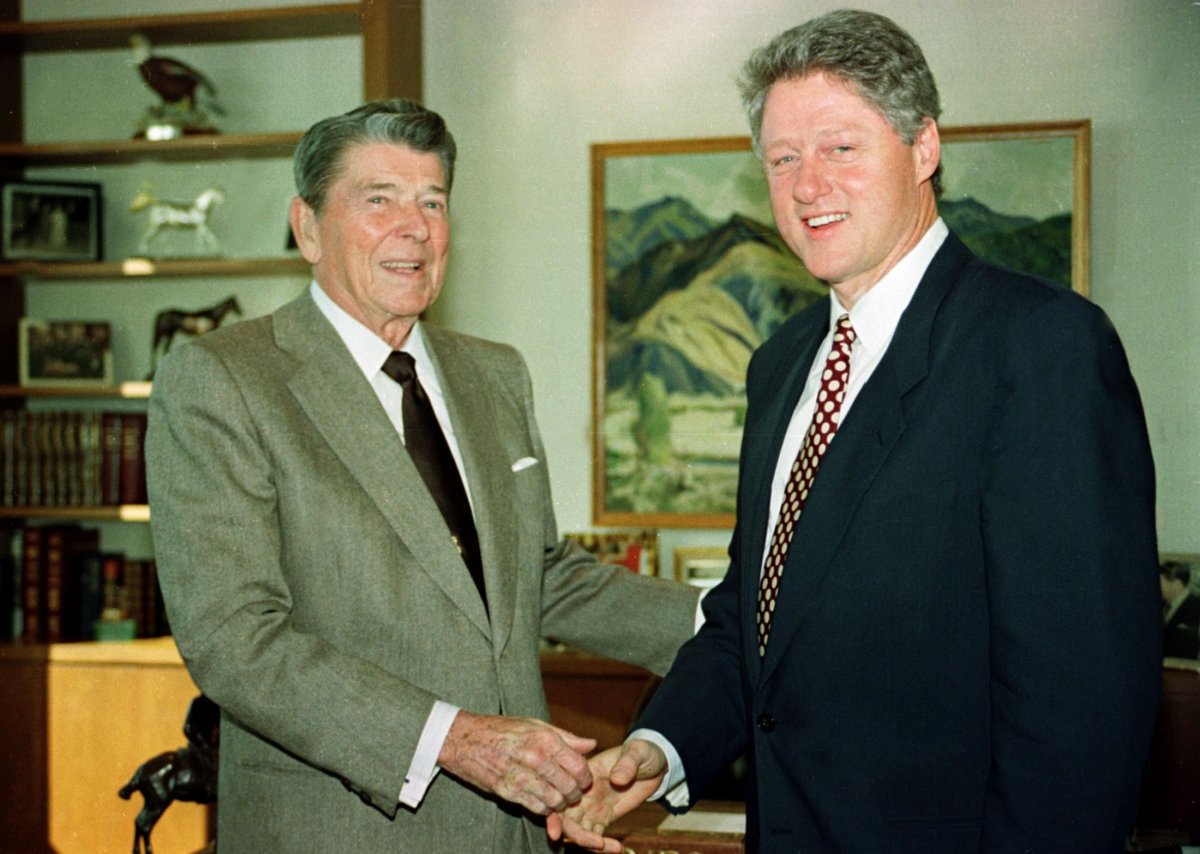
But he believes "neoliberal reactionaries" in the administrations of President Ronald Reagan and President Bill Clinton eroded such protections and allowed major online companies to build unprecedented power and wealth by "delivering to each of us different information, different prices and different services."
Lynn argues that while Americans say they are concerned about liberty and personal privacy, many routinely disclose key personal information to major online companies, allowing them to develop targeted marketing plans based on location, education, income, occupation, age, race, sex—you name it.
That may sound like shrewd, computer-aided marketing, but such "platform monopolists" as Lynn calls them, can "manipulate" Americans "to a degree that no previous private power, in any nation, have ever come close to achieving."
Tradeoffs: The Alpha and Omega of Life
The optimistic view: Life is filled with tradeoffs.
The car, for example, increased personal mobility, led to the creation of suburbs, construction of new highways, good jobs – and about 38,000 traffic fatalities a year, smog in major cities, and a major driver of global warming through carbon emissions.
"Every tech innovation will create new winners and losers," Manish Shah, CEO of Miami Beach-based Tollbooth Strategy told Newsweek. "While it's hard to believe how Google or Amazon could be dethroned, remember that Microsoft is losing relevance. But with billions in the bank, Big Tech can fight back – and they always do."
For users, the trouble with Big Tech is that they're not easy to avoid and we are all captive to them. If you have an Android or Apple cell phone, you're locked into the company and they know everything about you. Same for Google searches."
He said an up-and-coming tech innovator can challenge Big Tech only if its business model allows it to go viral, such as Facebook or Airbnb. This reduces the need for massive infusions of capital to finance growth, but it also leaves the company vulnerable to an upstart offering a better idea and providing greater efficiency.
Amazon appears to be safe, at least for now, because its business requires huge warehouses, a massive supply chain and a top-notch distribution network staffed by a large workforce. In a similar manner, a new company would find it next to impossible to match Apple's image, design, production and marketing.
"For users, the trouble with Big Tech is that they're not easy to avoid and we are all captive to them," Shah said. "If you have an Android or Apple cell phone, you're locked into the company and they know everything about you. Same for Google searches."
Increasing Calls To Break Up Big Tech
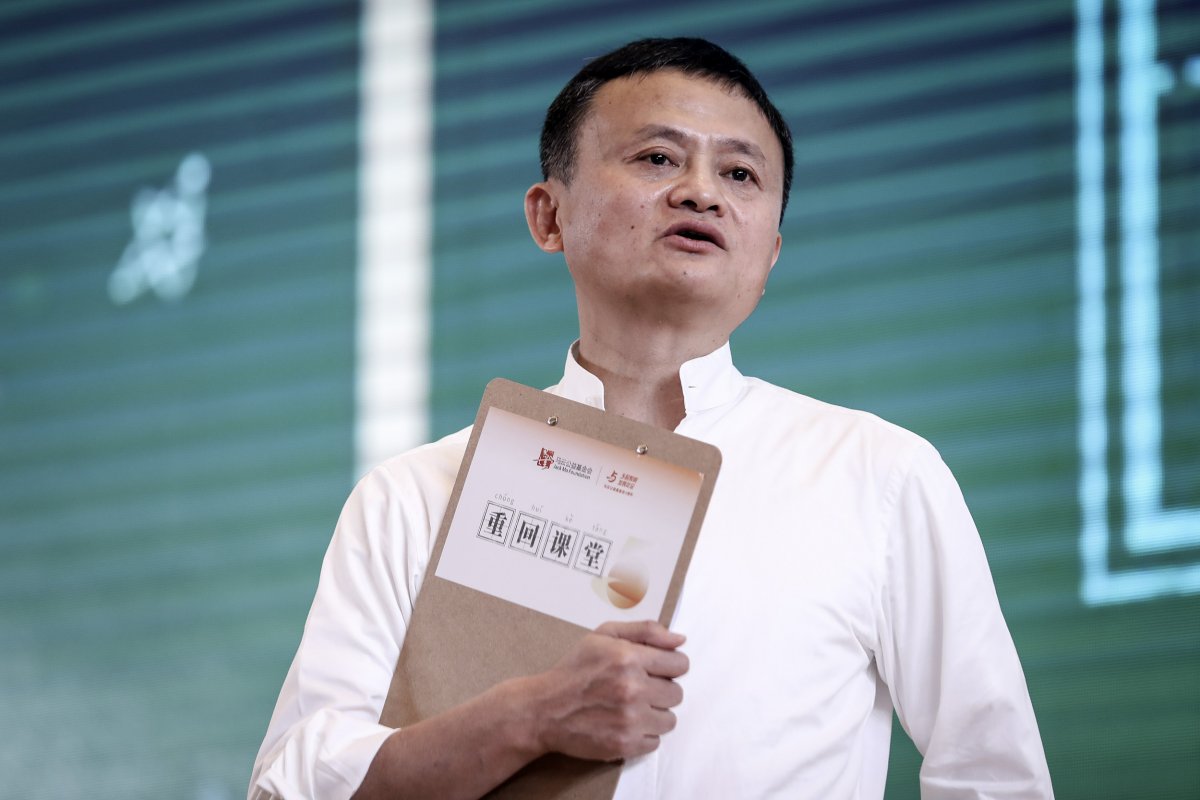
The proposed break up of Amazon, Facebook and Google is often compared with the dismantling of Standard Oil in 1911 under the Sherman Antitrust Act of 1890. But critics say that's an invalid comparison because the Internet giants compete in a world market while Standard Oil dominated a much smaller industrial-age America.
China is developing stiff competitors to U.S. firms, including Alibaba, perhaps the world's largest online commerce company; Baidu, an Internet service company; Huawei, a telecommunications and consumer electronics company; and Tencent, an Internet services and entertainment company.
Setting aside concerns about intellectual property theft, the Chinese companies, like their U.S. counterparts, gather huge amounts of personal data that, if coupled to artificial intelligence, could become an unrivaled marketing powerhouse—or Big Brother on steroids.
Does it make sense for the U.S. to break up some of its leading companies while China supports its tech leaders—especially when critics say there's little distinction between the Chinese government and the nation's industry?
Either way, the U.S. might be at a distinct disadvantage if major Internet companies were broken up. Facebook and Google provide services many consumers want at no or little cost. The counter argument is that free services are simply enticements to draw users in while gathering personal data to improve marketing or sell to others.
Amazon offers good prices and informs users when lower prices may be available elsewhere. Many consumers are willing to pay for convenience, a desire that led to the creation of companies like DoorDash and Uber. If nothing else, Amazon saves trips to the Post Office to mail Christmas presents.

But it raises another question: Are Americans willing to trade privacy for convenience?
An Antiquated Tool?
Anti-trust might be an antiquated tool in the digital age. A federal consent decree signed in 1956 ended years of legal wrangling between the U.S. government and the Bell System. The company wasn't broken up. Instead, Bell was ordered to license its patents to other firms.
The transistor, laser and solar cell led to commercialization of personal computers, fiber optics and solar power, largely by other companies. Fiber optic technology provides the backbone of the Internet, allowing for high-speed downloads and allowing Netflix and other streaming companies to flourish.
The Federal Communication Commission's 1971 decision to open AT&T's monopoly in long-distance and business service to competition is often seen as the Big Bang of modern telecommunications. MCI was the first beneficiary. In a world of unlimited nationwide calls and service centers based in India, many young people can't imagine a world where price once made long distance calls rare and kept conversations clipped.
But WorldCom, then one of the largest telecommunications companies, went bankrupt in 2002 after it cooked the books to create the illusion of continued growth and inflate its market cap to about $175 billion. CEO Bernard Ebbers was sentenced to 25 years in prison and CFO Scott Sullivan drew a 5-year term.
In the 1990s, the Federal Trade Commission (FTC) investigated Microsoft to determine if the company sought to monopolize the personal computer market. The FTC quickly ended its investigation, but the U.S. Department of Justice (DOJ) revived the case in 1998.
After a trial, a federal judge ruled that Microsoft had violated the Sherman Antitrust Act and ordered the company to be broken up. Microsoft won on appeal. The DOJ then set aside efforts to break up the company. In return, Microsoft agreed to share some technology with other companies.
Some economists argued that antitrust laws stifle innovation and therefore hurt consumers. Others questioned the wisdom of filing antitrust cases against companies that dominate a market sector, but don't coerce anyone to buy their products or services. Critics believe the decision created the conditions for the later dominance of Apple and Google.
The term "creative destruction," or dismantling of established practices and businesses through innovation, was minted by Austrian economist Joseph Schumpeter in 1942 to describe new manufacturing techniques that increase productivity and drive down prices.
The continued emergence of new companies has shaped the Internet in the past, but is Big Tech now unassailable?
Eons ago—at least by Internet time—Yahoo pummeled rival search engines, including Alta Vista, GoTo, Infoseek, WebCrawler, Excite, Lycos and Ask Jeeves. Google finished the job and made Yahoo largely irrelevant.
Would breaking up Google by making search separate from AdSense, Google Wallet, Google Maps, Google Drive, Google Chrome, Google Docs, Google Play and YouTube make one's proclivities more secure? Many think so, and an increasing number of people who no longer want to deal with Big Tech are adopting alternatives to the Internet behemoths.
It's not quite the digital age version of fleeing to Walden Pond, because most don't seek to escape the world, but they do wish to negotiate the internet on their own terms, not those of billion-dollar companies.
The Upstarts
Faire.com seeks to provide small businesses, makers of clothing, specialty food and other hand-crafted items with a means to extend their marketing reach in a world where Amazon dominates online sales, while the COVID-19 pandemic has forced major retailers, including Century 21, Lord & Taylor, Brooks Brothers, J. Crew and GNC, into bankruptcy.
The idea has clicked. Faire.com has expanded sales and attracted venture capital backing.
DuckDuckGo doesn't compile user search information like Google Search. The company states, "Your data shouldn't be for sale. At DuckDuckGo, we agree." The company said it blocks advertising trackers and keeps user search data private. A search for stick vacuum cleaners, black tea and Raymond Chandler's mystery novels turns up merchants and websites other than Amazon.
Users who want to avoid Gmail might take a look at ProtonMail, an encrypted service. Proton's service is free and it makes money by selling upgrades and additional storage.
Online sales have crushed many independent bookstores. Bookshop.org gives the little guy a way to compete against Amazon.
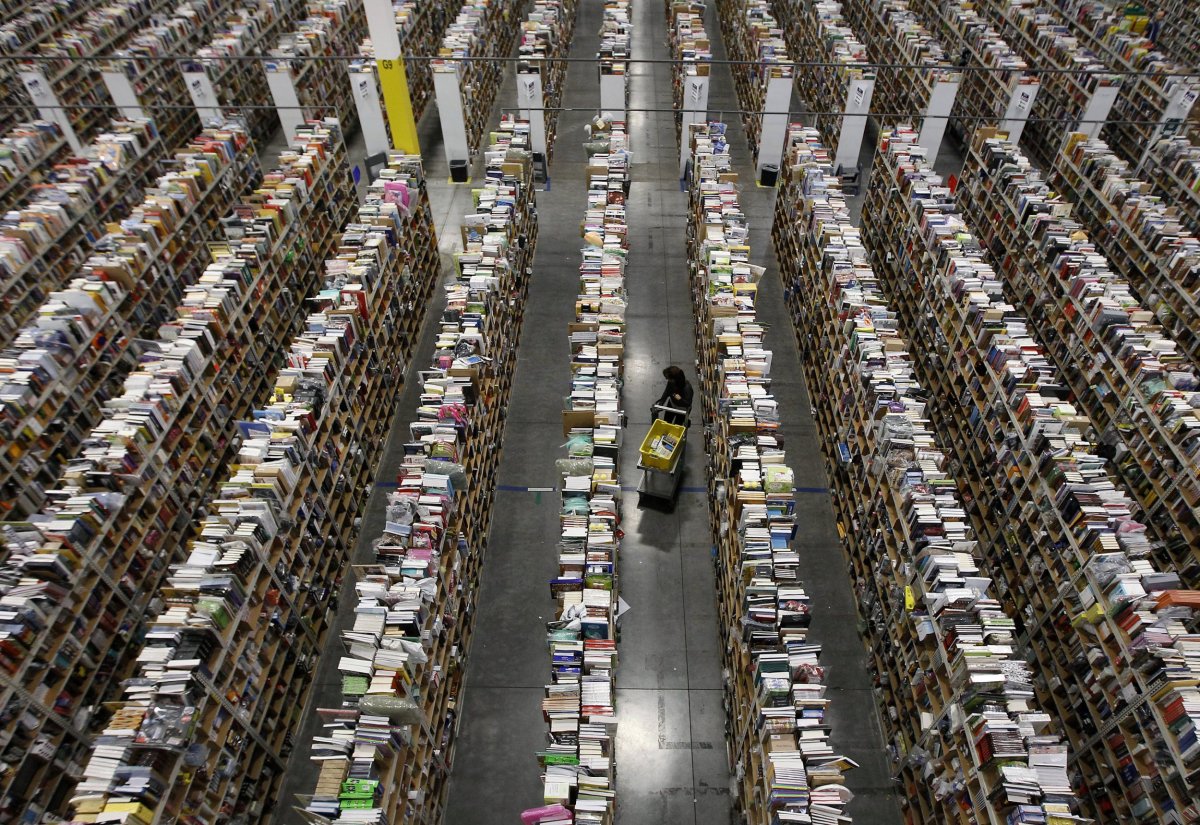
"Bookshop is an online bookstore with a mission to financially support local, independent bookstores," the company said. "As more and more people buy their books online, we wanted to create an easy, convenient way for you to get your books and support bookstores at the same time."
It's a daunting task in view of Barnes & Noble's difficulties in competing with Amazon— and so far Bookshop.org appears to be working.
Those seeking to avoid Google's ancillary offerings might take a look at Mozilla Firefox and TomTom Mobile. Those seeking to escape the operating systems of Apple and Microsoft Windows use alternatives including Ubuntu, a Bantu word often translated as "humanity", or Linux, a Unix-based open-source operating system.
Escaping Facebook might be harder, particularly for those hooked on Whatsapp and Instagram, but Telegram and Signal are gaining followers. Those who have had it with Twitter are taking a long look at Parler, Rumble, Mastadon, Gab, Amino and Peeks.
So far, none of the alternatives appear to pose an immediate threat to Big Tech.
But somewhere, there's a Steve Jobs-like kid in his garage thinking, "Hey, let me whip up a little creative destruction."
Uncommon Knowledge
Newsweek is committed to challenging conventional wisdom and finding connections in the search for common ground.
Newsweek is committed to challenging conventional wisdom and finding connections in the search for common ground.
About the writer
To read how Newsweek uses AI as a newsroom tool, Click here.








